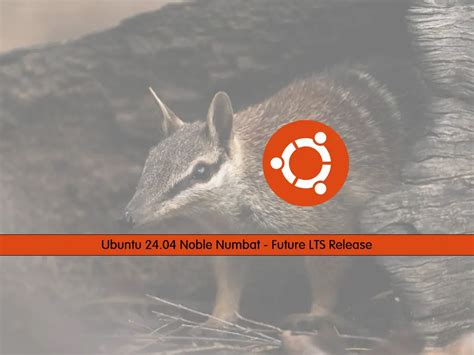The concept of Long-Term Support, or LTS, has become a grounding pillar in the software development realm, particularly for operating systems like Ubuntu. For developers and enterprises, LTS releases promise stability and support, easing the maintenance burden and securing systems against a constantly evolving backdrop of cyber threats. Ubuntu’s consistent commitment to this approach not only bolsters its reliability but also cements its reputation in both community-driven and commercial circles. This notion of developing enduring support systems is crucial as the complexity of software and the interdependencies of global digital infrastructure tremendously grow.
With the forthcoming ‘Noble Numbat’ version, Ubuntu appears to challenge some of the conventional critiques head-on. Transitioning from the controversy of earlier versions where the shift toward new GUI frameworks like GNOME 3 and Wayland were met with resistance, Ubuntu 24.04 LTS aims to refine these user experiences. This involves overcoming the hurdles related to system usability – an area of vocal concern amongst longtime users. Feedback has shown that prior adjustments tended to alienate some users due to drastic changes in system interactions, which were perceived as overly complex and unwelcoming at first.
One pressing issue that seems perennial in the realm of technology is hardware compatibility, particularly within diverse ecosystems. Users migrating from other operating systems, or even upgrading from previous Ubuntu versions, often encounter these stumbling blocks. Highlighting these aspects isn’t merely airing grievances but serves a dual purpose: it nudges developers towards creating more inclusive, versatile systems, and it educates users about potential workaround strategies, fostering a community of problem solvers rather than passive consumers.
The integration of newer technologies such as Bluetooth audio profiles in Ubuntu 24.04 continues to stir debate. The specific example of managing simultaneous high-quality audio output and microphone usage underscores an ongoing struggle across operating systems, not just Ubuntu. This version promises improvements, but the real-world application will be the true test of its efficacy. This mirrors broader challenges in technology adoption, where theoretical advancements must be meticulously adjusted to meet practical, everyday needs.
Finally, the expanding scope of Ubuntu’s ecosystem — from desktops and servers to potentially mobile devices — suggests a strategic vision geared towards a more unified and inter-operable technology landscape. As Ubuntu strides further into its second decade, the evolution of its system architecture and the broadening of its user base reflect a mature yet still ambitious project. Ubuntu 24.04 LTS isn’t just another release; it’s a benchmark of progress and a beacon for the future, encouraging users and developers to continue pushing the boundaries of what open-source systems can achieve.


Leave a Reply